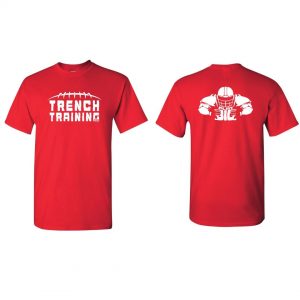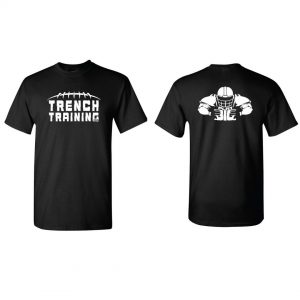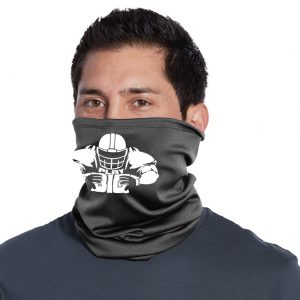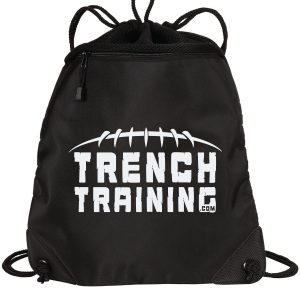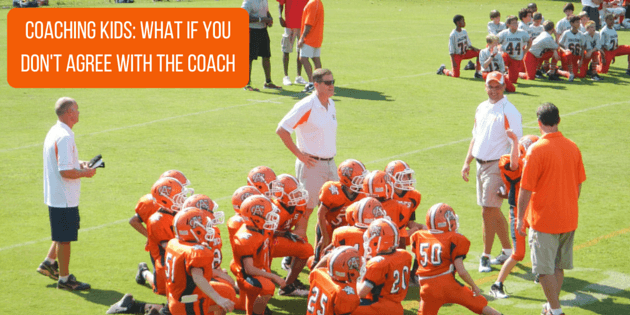
by Steve Stark | Mar 13, 2016 | coaching kids
Coaching kids is a not easy. There are always challenges.
Many times we see things in a different perspective than the coaches on the field.
I know for me there are times that I think I know more than a coach and I watch how they deal with my child and I get very frustrated.
SO WHAT DO I DO BESIDES SCREAMING, YELLING, OR SETTING UP A MUTINY?
In the article by Jim Thompson at PositiveCoach.org, he recommends becoming a second goal parent. So unless there is harm to the players I recommend practicing this technique.
He states, “You are not the coach. You are not the athlete. You are a supporting player in this drama, so act your part and move to the background.”
You are there for one reason and that is to support your child. This what he means by being a second goal parent.
In life many times there will be take overs or changes at a job and you may find yourself not agreeing with the direction of the company or leadership.
You have two choices. Work with what you have or work against it.
If you choose the latter many times you will find yourself exhausted, frustrated, wanting to quit or find another job.
This is similar to situations that I have seen parents get into with coaches.
Parents fight with the coach and then their son or daughter may follow your lead and put up a struggle, instead of being a positive leader to the others.
Because the parents fought with the coach, their child many times end up not getting as much playing time as they deserve or I have experienced and seen them get passed over for captain their senior year because of your behavior.
As an adult we have to make decisions.
The more mature or practiced we are at dealing with conflict, the more prepared we will be to help our young athletes deal with conflict.
They will learn how to be better players because of your support and many times find that they spend their energy finding ways to be better instead of finding more ways to complain or find fault in the coach.
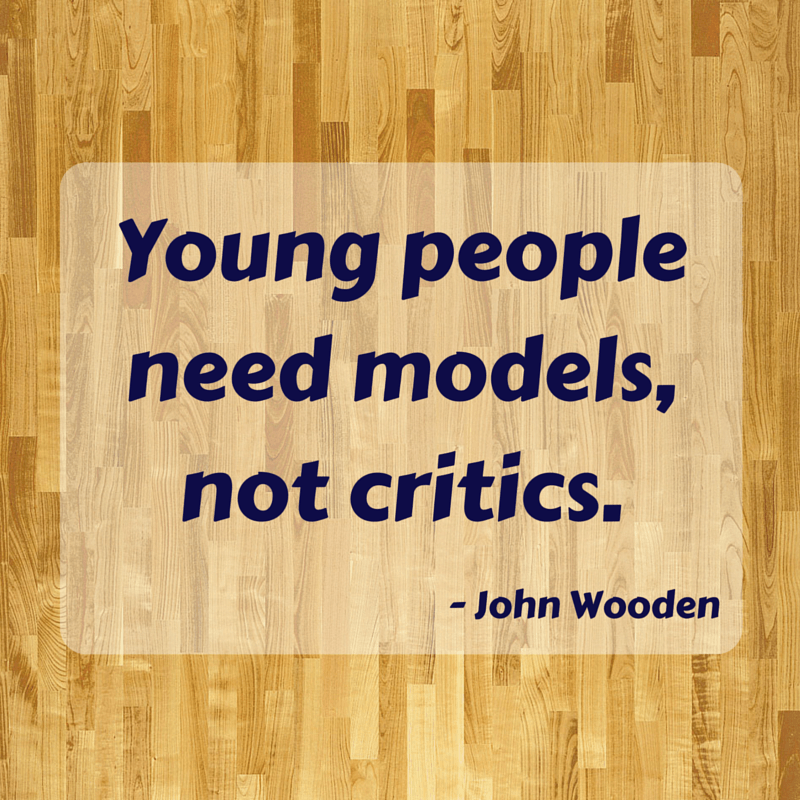
If you play long enough you realize the difference between a really good coach who is there for the athletes and a blowhard who is coaching for their own agenda.
I have been blessed to have some very good coaches in my life. I have played for and coached with some great coaches as well.
I have also been frustrated with some coaches that were not so good at coaching myself or other kids.
Looking back on my days as a player and coach I have very few regrets. There is one thing that I would have done differently when I had one of those “not so good coaches”.
I would have worked on myself more and focused on what I could do better each day. I know I would have been a better player and coach had I done that.
Trust me, now that I have two daughters that are starting to play sports more seriously I know that I am going to be tested on this many times.
I am going to do more reading and studying on this topic myself because I do know that it is important to support your young athlete!
It’s also important for me to continue learning as I am coaching kids.
Being a Second Goal Parent makes a lot of sense to me.
Suggestions that I am making for myself and you can try as well:
- Get a support group of parents and lead them with the Second Goal Parent concept. When you have more people on your side at games and practices it will make it easier.
- Find articles on positive parenting for your athlete. There are many great reads out there. One of my favorites of all time is “Wooden A Lifetime OF Observations and Reflections ON and Off the Court”
Here are a couple quotes from that book for you to ponder:
Six of Life’s Puzzlers
- Why is it easier to criticize than to compliment?
- Why is it easier to give others blame than to give them credit?
- Why is it that so many who are quick to make suggestions find it so difficult to make decisions?
- Why can’t we realize that it only weakens those we want to help when we do things for them that they should do for themselves?
- Why is it so much easier to allow emotions rather than reason to control our decisions?
- Why does the person with the least to say usually take the longest to say it?
Parents, Children, and Goals
“A parent can help direct a child when it comes to goals. Show leadership. Show discipline. Show industriousness. Have traditional values. The person you are is the person your child will become.”
Commend, Don’t Criticize
“When a child does something well, commendation is a powerful tool. One of the most powerful motivating tools you can use is the pat on the back. Yes, occasionally the pat must be a little lower and a little harder, but too often parents neglect the praise. They are quick to criticize and slow to commend.”
- Realize that the season is a short time in your athletes life. If you are an athlete yourself you can remember back on great seasons hopefully, as well as not so great seasons. We tend to remember those not so good seasons as learning lessons. Help your athlete make the most of bad situations because if you are honest with yourself there will be more seasons that do not go as you would hope.
- If it all fails then you can make a decision to confront the coach or go above the coach but use this as a very last resort and please ask your Athletes feelings on you doing this. The last thing that you want to do is embarrass or turn your athlete away from you. Be his or her best advocate and lead by example. I have made a commitment to myself that I will do everything in my power to support first and exhaust all resources that I can find prior to making a decision to confront and once you have made this decision then make sure that you are able to do it without being angry. Use your anger to do the research and to find the people that can help you learn and understand how powerful it is to be a support and not control your athletes game. I am betting that if you really put forth this type of effort you will come to realize that this is not an option to use.
Again from Wooden…
Six Ways to Bring Out the Best in People
1. Keep courtesy and consideration for others foremost in your mind, at home and away.
2. Try to have fun without trying to be funny.
3. While you can’t control what happens to you, you can control how you react. Make good manners an automatic reaction.
4. Seek individual opportunities to offer a genuine compliment.
5. Remember that sincerity, optimism, and enthusiasm are more welcome than sarcasm, pessimism, and laziness.”
6. Laugh with others, never at them.
Once again, coaching kids is not easy.
You as a parent have a very important role to play.
Just remember that is a supporting role not the lead.
Work Hard, Play Big!

Coach Glenn
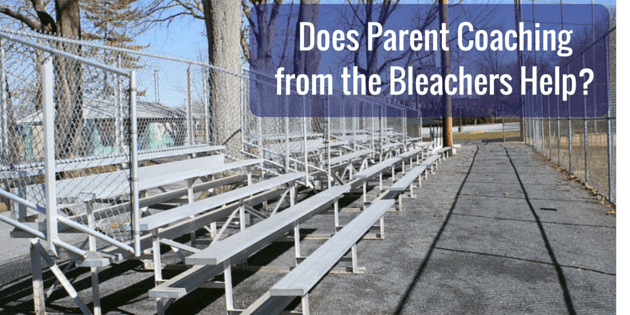
by Steve Stark | Feb 7, 2016 | Blog, coaching kids
Is a parent coaching from the bleachers helping their child’s performance?
The answer is no and in many cases parents who yell instructions from the sidelines actually have a negative impact on their athletes performance.
Parents always want to see their children succeed.
That’s the reason we are so passionate about watching our kids play sports.
However, what we say from the bleachers can have a huge effect on our children’s performance.
And not in a good way.
Parent Coaching and Instinctual Thinking
A few years back I had an opportunity to listen to sports psychologist, Dr.Alan Greenberg speak to a group of youth parents.
He explained something that I knew about parent coaching but had never quite put together until his presentation.
Athletes spend hundreds if not thousands of hours practicing the skills required for their sport.
The reason athletes spend so much time practicing is obviously to get better, right?
They also put in all this time to have those skills become instinctual.
What Dr. Greenberg explained is that we want athletes primarily using the part of the brain that supports these instinctual skills.
The muscle memory and instinctual play is controlled by one part of the brain while instructions are processed by another.
You can only use one of these areas at a time.
The mind can process things in a way that doesn’t require the athlete to “think’ about their actions.
Now, I know what you’re going to say, “Athletes have to think while they play”.
Of course they do… but it’s how they are thinking that makes all the difference.
Have you ever seen a player ‘in the zone”? Hitting every shot or making every play?
Do you think they are listening to instructions during this time? Is that the reason they are on fire?
The zone they are in is in the instinctual part of their brain.
If athletes are constantly bombarded with parent coaching, this takes away from the athlete’s ability to think instinctually.
Parents yelling instructions from the bleachers only confuse the athlete.
Even with the most caring intentions these instructrions are ultimately detrimental to your athlete’s performance.
So what should you be yelling from the bleachers?
Parents Coaching vs. Parents Cheering
Athletes need to know that their parents love and support them regardless of how they play.
They have to feel like their parents will be there for them in a way that has NOTHING to do with performance.
Kids who KNOW that their parents are in their corner without judgement perform better. Period!
I heard a youth coach once say “parents cheer and coaches coach”.
This is great motto to keep in mind at your child’s sporting events.
Here’s a tip that might help you stay away from parent coaching.
When you are at a sporting event for your child never yell any phrase that contains a verb.
Keep from saying things like, “Play defense!”, “Shoot the ball!” or “Run faster!”
Instead use phrases like, “”Great play!”, “Awesome shot!” and “Nice pass!”
It may seem silly but you need to stick to positive cheering instead of instructional coaching from the stands.
This will allow your child to play without over-thinking and they will know that you are there to be their biggest fan and not their second coach.
If you found value with this post please like, comment and share.
Let’s Play,

Coach Steve
by Steve Stark | Jan 12, 2016 | Blog, coaching kids
Is yelling in anger needed when coaching kids?
Do we need to scream to motivate kids to become better athletes?
Yelling is not coaching!!!
Coaching is teaching and this is often misunderstood by youth coaches. Our players deserve to be taught the game.
You cannot emphasize enough that yelling in anger does NOTHING for building your young athlete’s ability to play better.
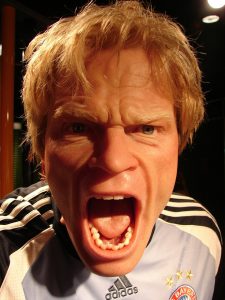
Most coaches that yell in anger have difficulties in getting their point across to a young, inexperienced and sometimes lackadaisical athlete.
The type of play many young athletes perform infuriates the coach because that is not how he or she played the game or how they were coached to play the game.
The problem with this is that many young players do not have the emotional or intellectual ability yet to understand that the coach wants them to do better.
Instead the athlete feels inadequate and they feel like they cannot improve.
Kids take yelling to heart.
Once they feel that anger towards them many kids have difficulty in rebounding their self-worth to the point that they want to do better.
Many of the coaches that yell probably had the same thing happen to them when they were young athletes.
They feel it is ok to be coaching kids like this because it happened to them and they “turned out okay”.
This method of coaching kids may work for some but most kids don’t understand why coaches are yelling.
Scaring or intimidating a child into performing better is not generally successful and typically the athlete would perform much better if they were being taught what they were doing wrong.
Check out the following article to learn different viewpoints on why this is not the best method to help young athletes become better athletes but more importantly better people.
YELLING/ANGER IN SPORTS
Sports are a fun tool for young athletes to learn about life and how to be better prepared for what life throws at us when we get into the real world.
4 Key Elements for Coaching Kids
- WATCH YOUR LANGUAGE. Vulgarity should never be tolerated on the football field. If you’re a coach who is cursing around 10 year olds, then you have a problem and this role may not be best for you.
- FOCUS ON EFFORT. Are you fixated with winning? So much so that it drives you to anger when your team loses? In youth football, wins and losses aren’t as important as developing respect for your teammates, coaches, parents, opponents and for the game itself.
- DON’T REPEAT HISTORY. If you had a coach who coached angry and therefore feel it is OK because you turned out fine, it’s not. You are yelling angrily at children. That’s not turning out OK. Think “KIDS FIRST”!
- SEPARATE HOME, WORK AND FIELD. Issues at home or work transpose to the football field. When you’re on the field it’s about football, forget all else.
It’s not easy for many adults to separate their past and what is going on in their lives off the field. However, it is vital to remember that coaches will impact many, many lives!!
One bad coach that tells a child something negative may run that athlete away from the sport.
This same child may be going through a tough time in their lives.
That child may need some sympathy as opposed to screaming to help them through a difficult time.
You never know, that child may develop into the next all star in their high school or even college if they are given the proper coaching and support.
It is a HUGE shame that many kids end up leaving sports due to one coach that feels yelling in anger at their athletes is the way to make them better.
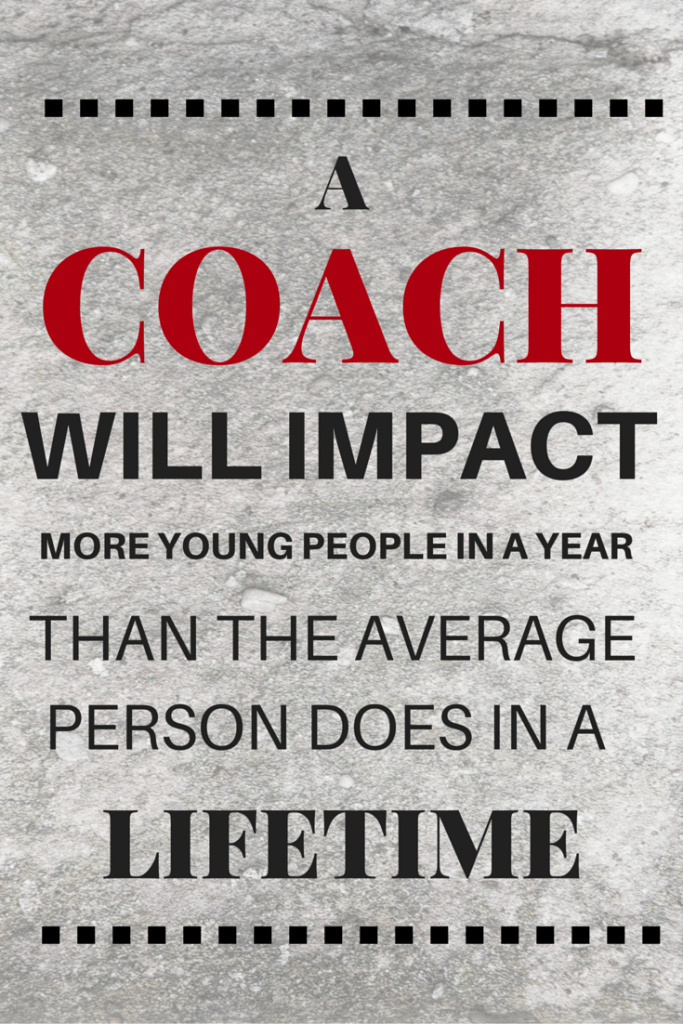
Unfortunately the pressure to win in youth sports has never been greater. Many parents expect, even demand, success in their young child’s lives.
The focus should be on teaching and developing young athletes not on wins and losses.
More importantly, when coaching kids, the focus should also be on developing great leaders and great members of a community.
We can do that when we are coaching kids.
Remember very few people remember a 6th grade state championship but everyone remembers how they were treated as a young athlete by their coach.
Be the type of coach that is remembered for building up and making an athlete feel valued and appreciated for their effort and growth.
Even those athletes that do not improve at all during this particular season may end up improving greatly in future seasons, provided they do not quit.
Keep kids involved in sports and help them have fun!!!
That’s what sports should be all about… fun.
Work Hard, Play Big!

Coach Glenn








